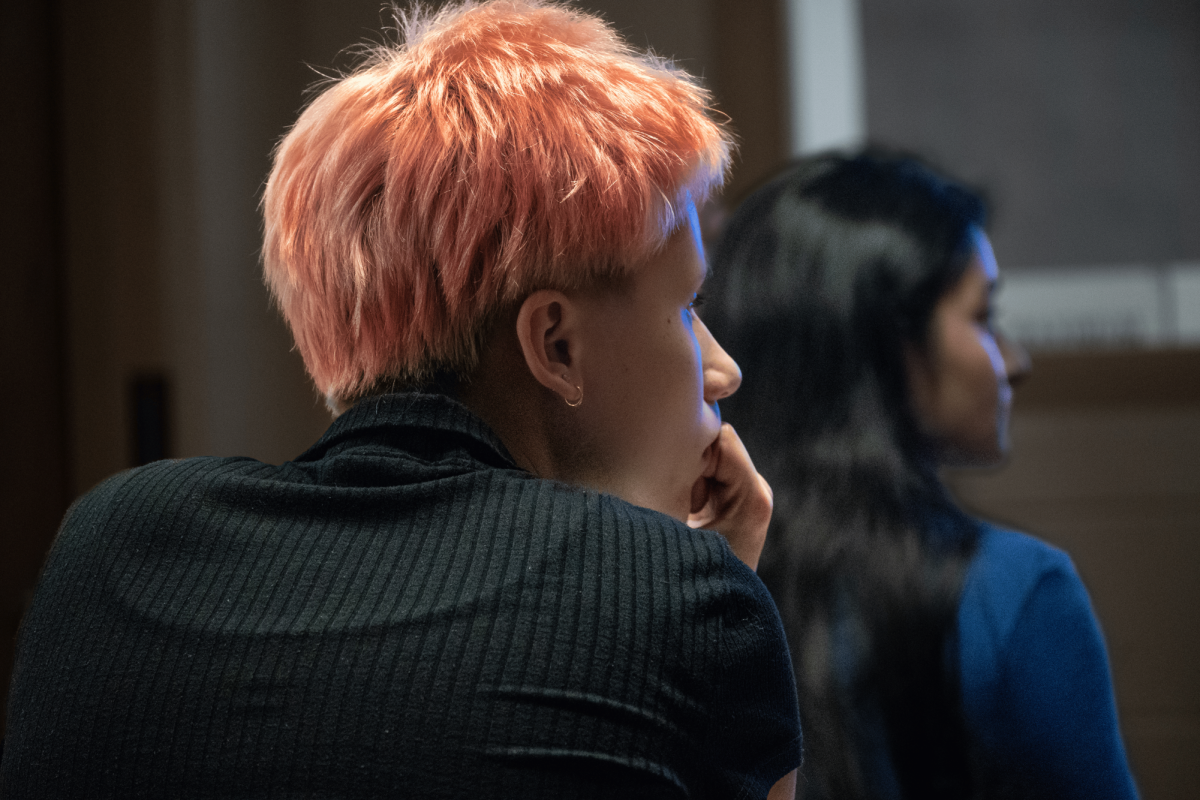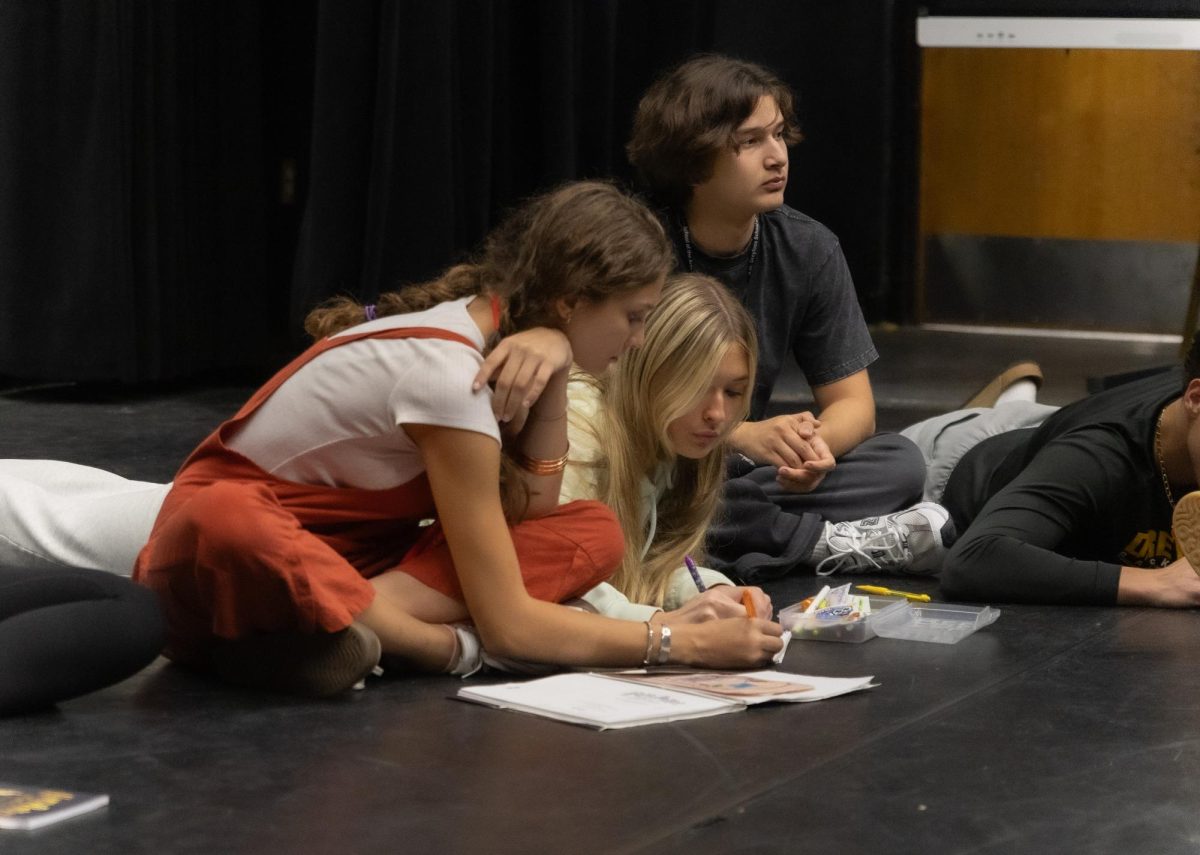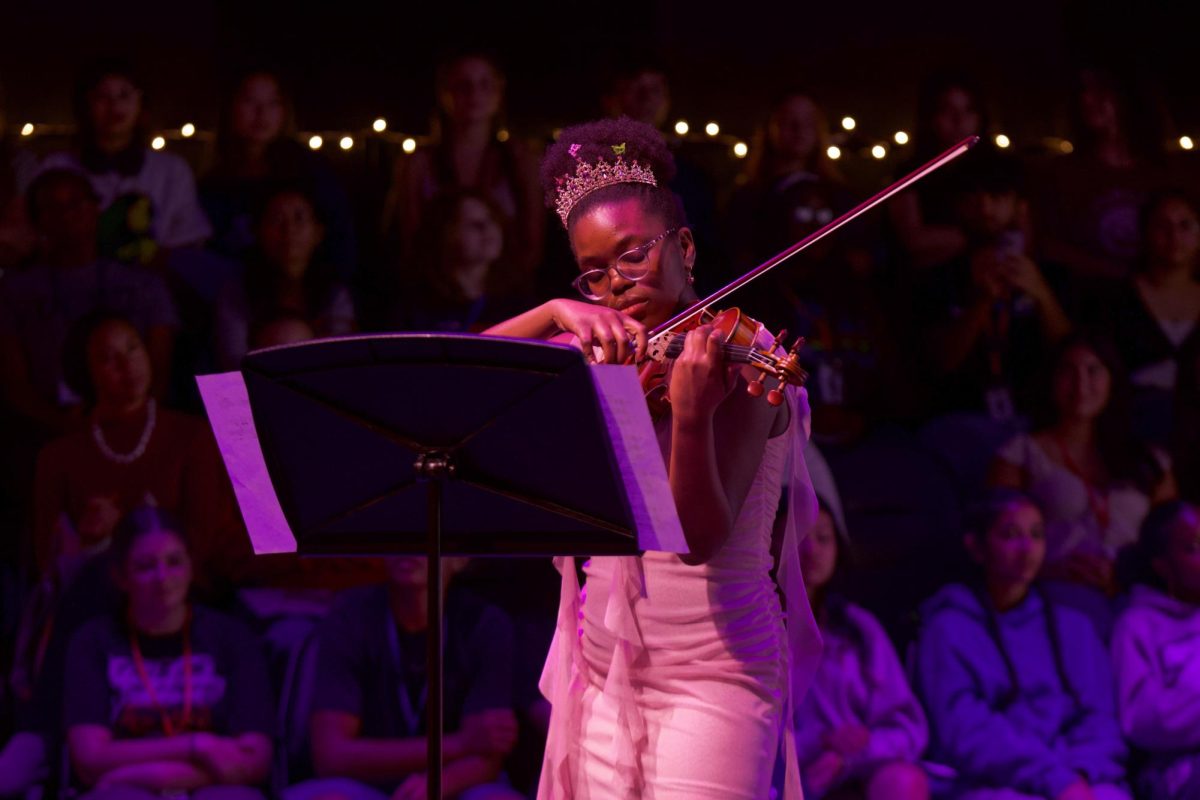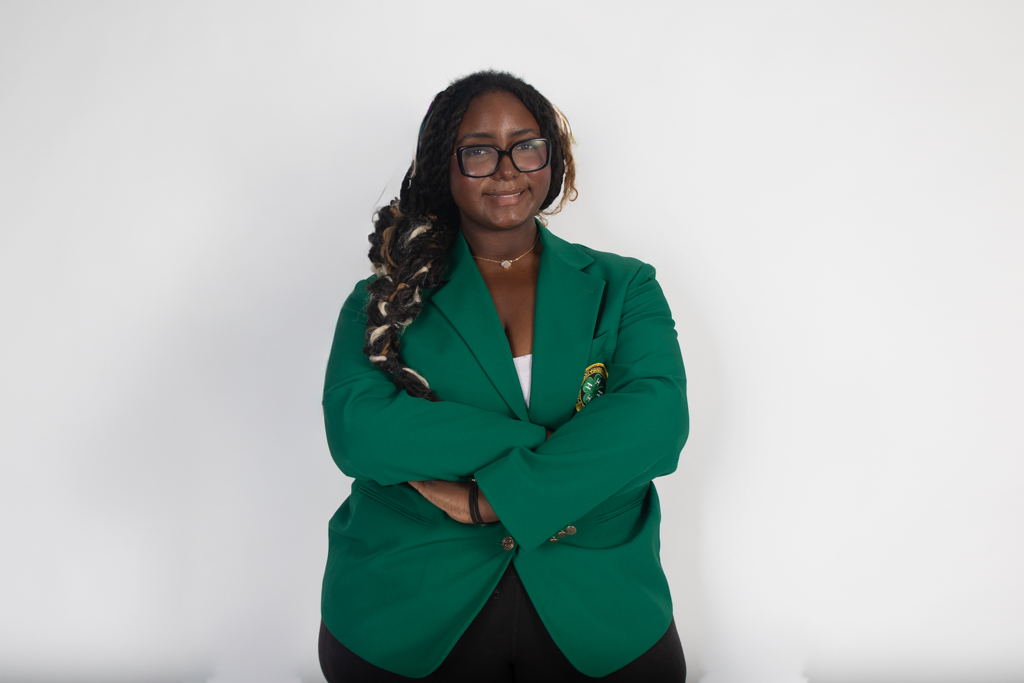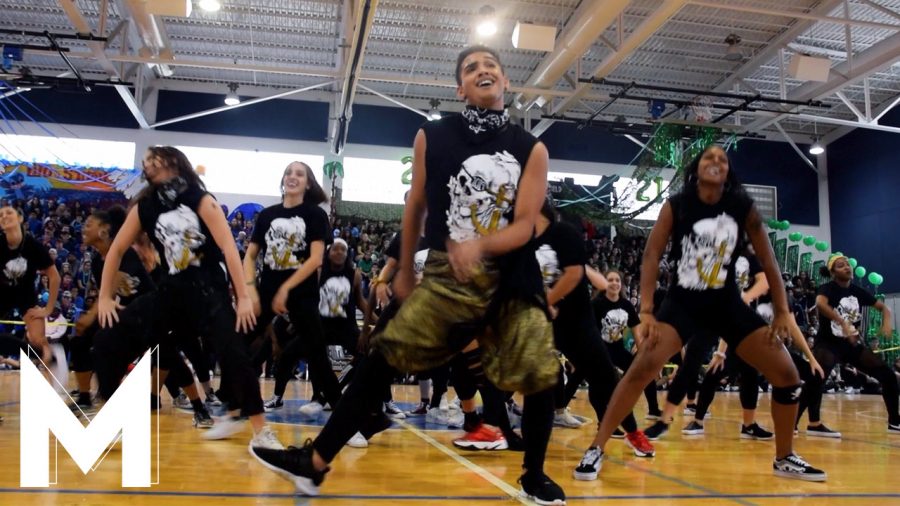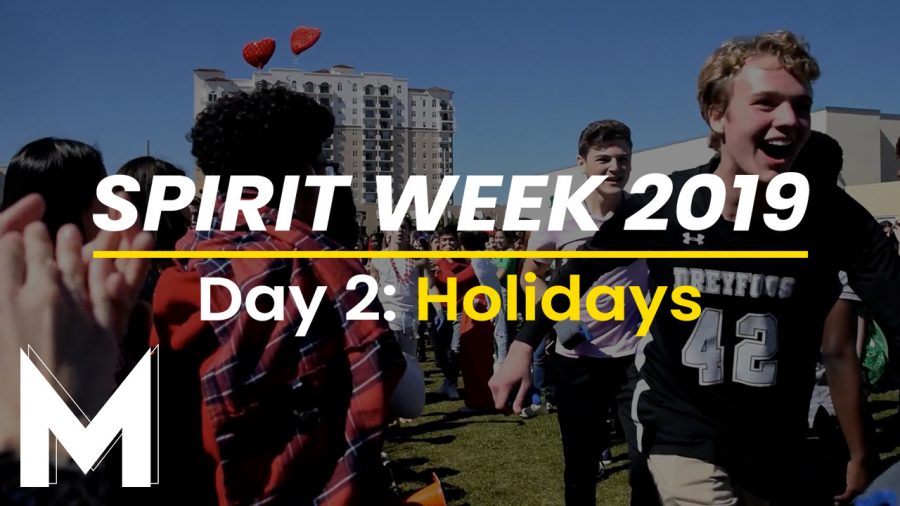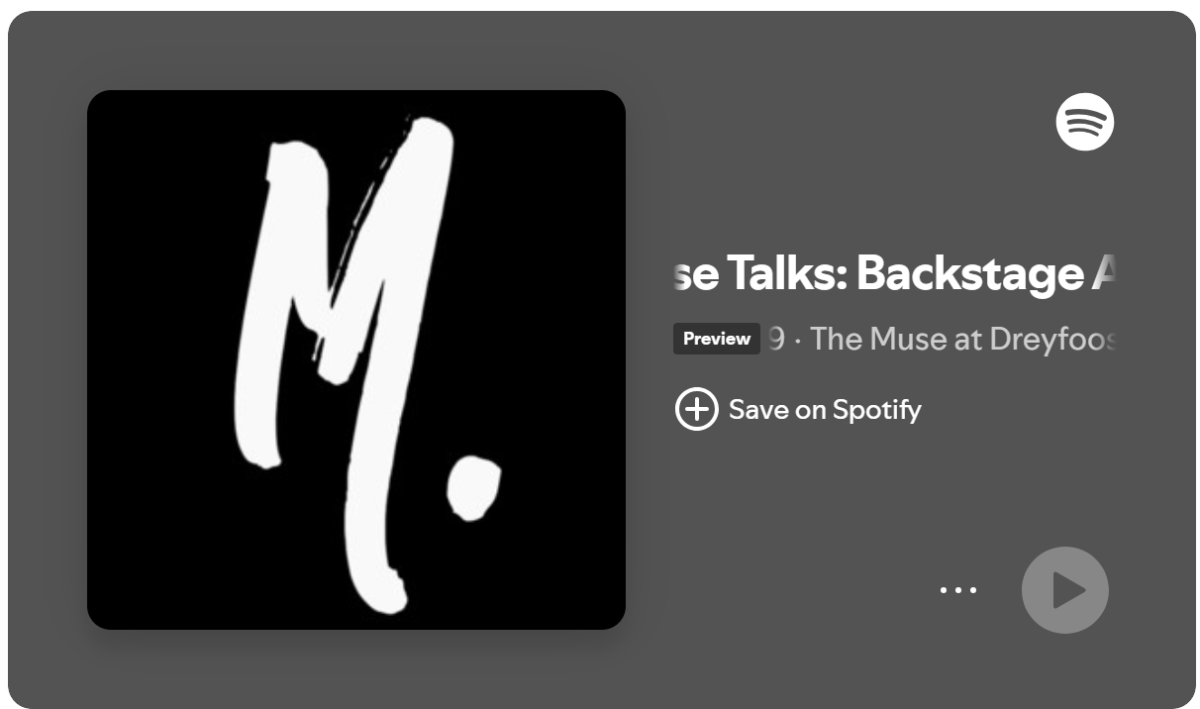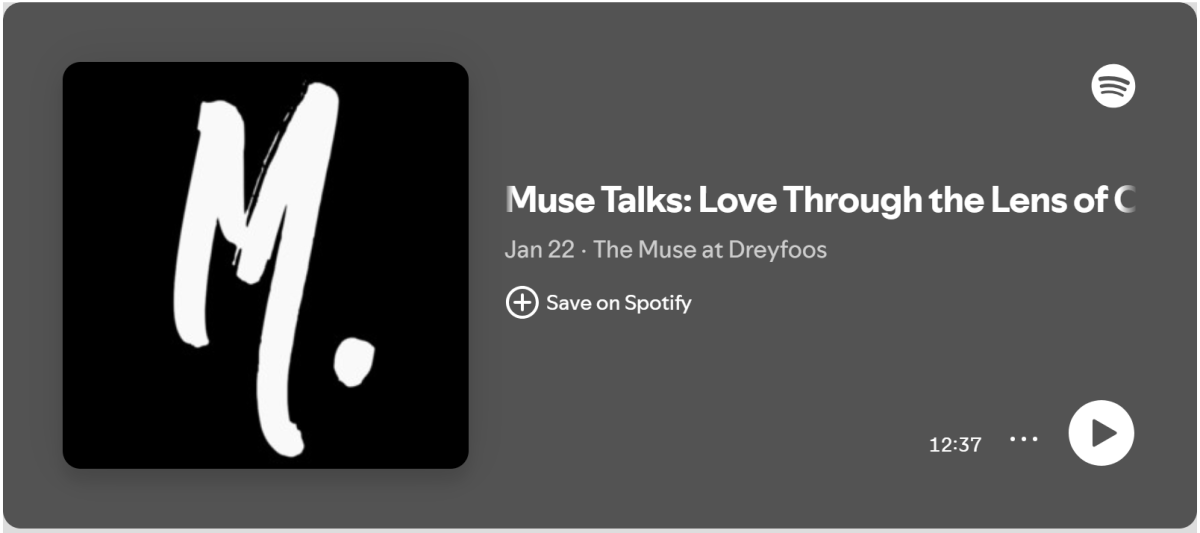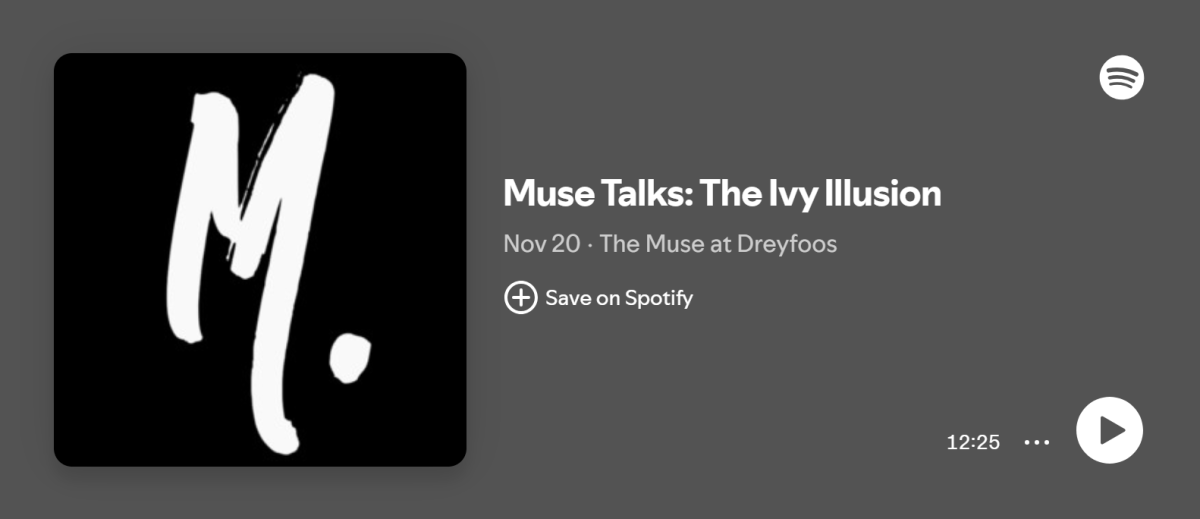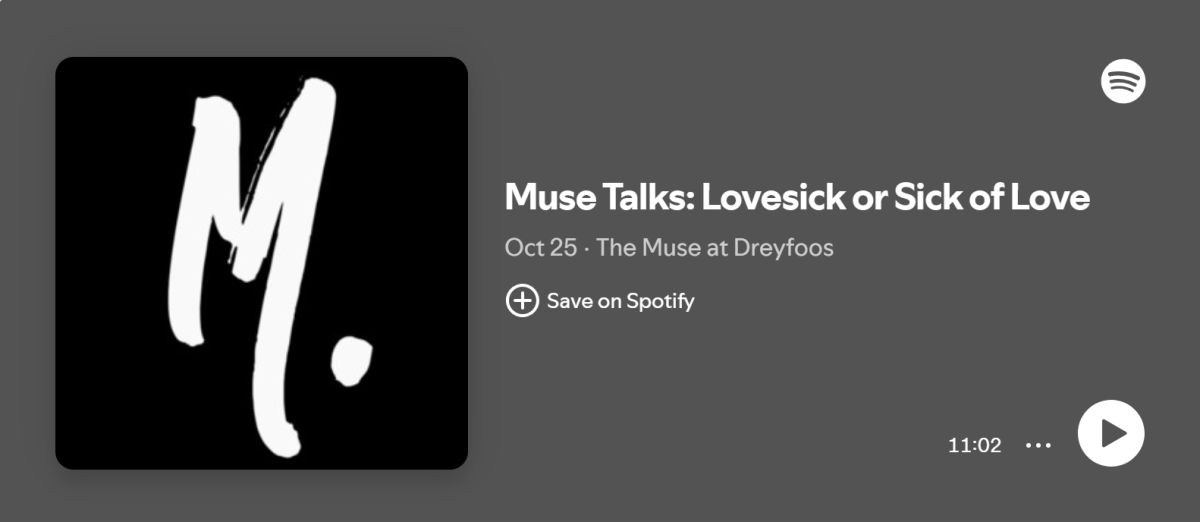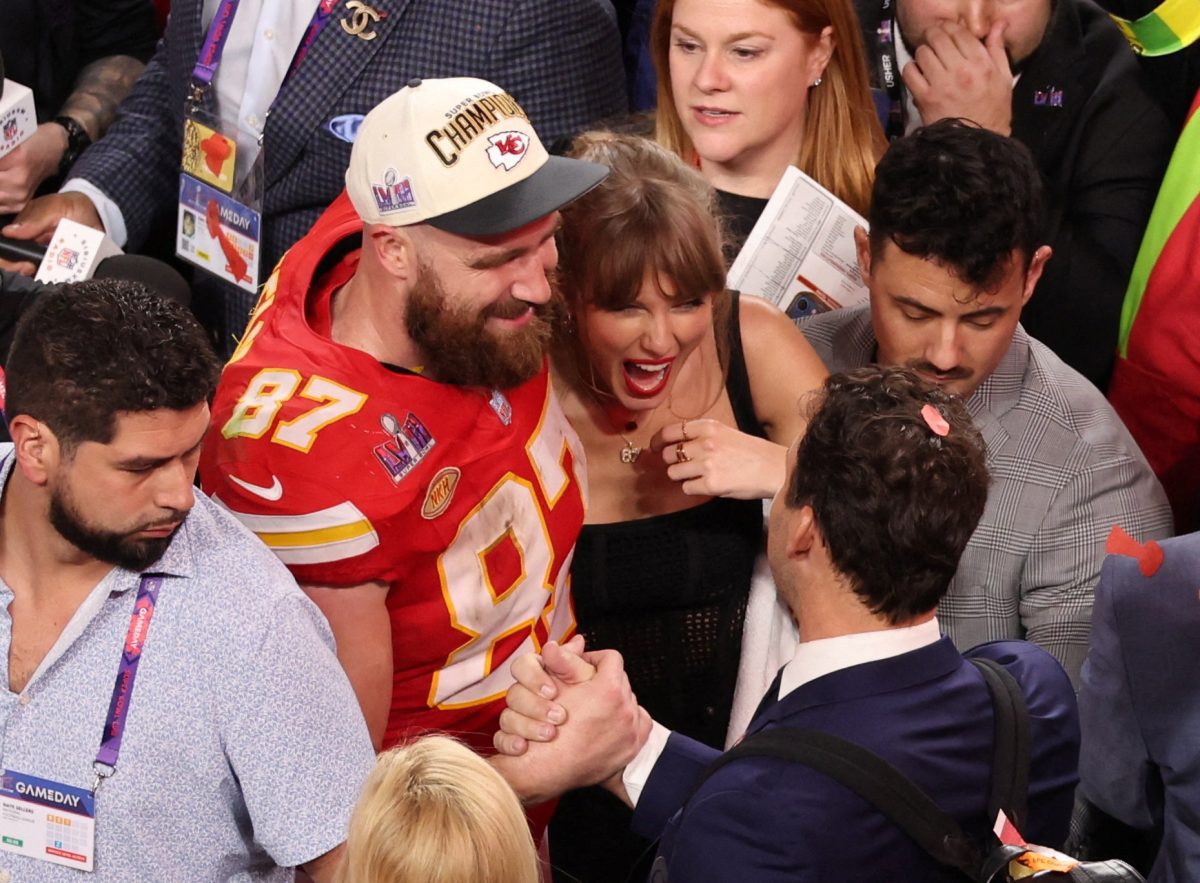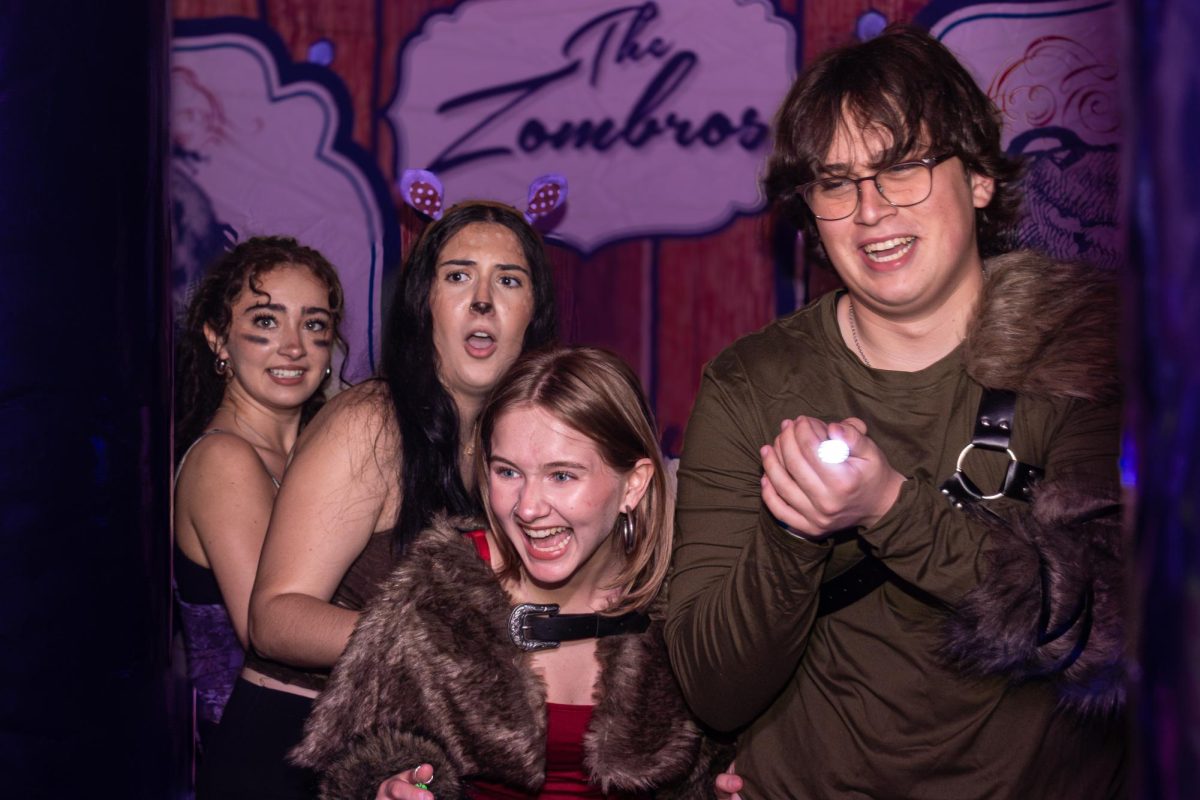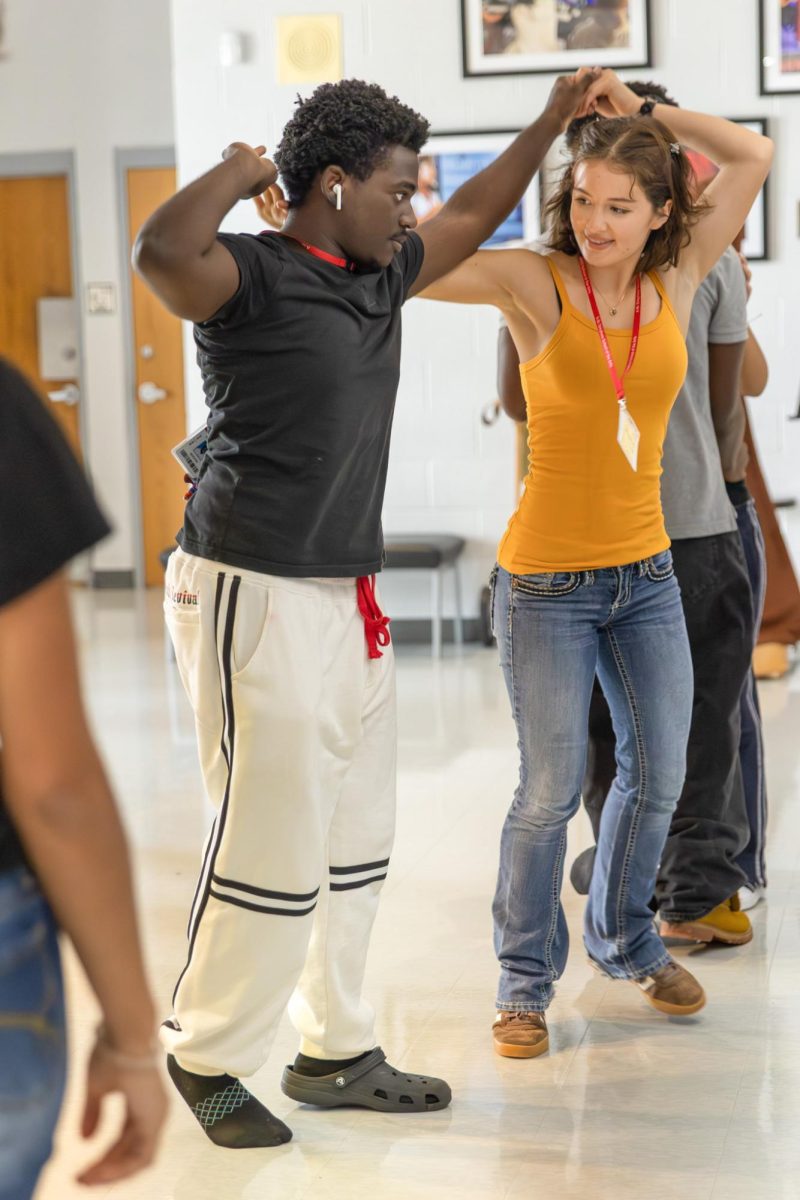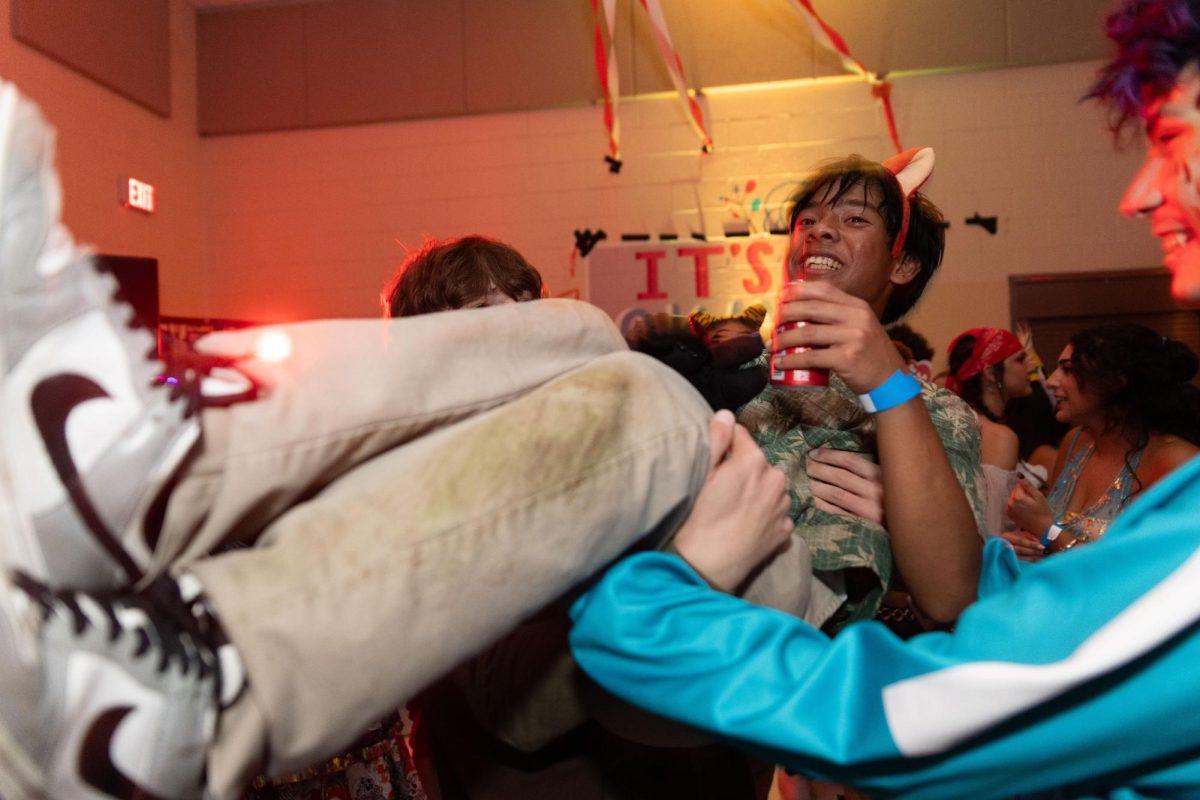#SJW2015 Scholastic Court Case: Morse v Frederick
February 24, 2015
“BONG HITS 4 JESUS” sounds like it could be a rare 7’’ from stoner doom metal trio Sleep. It could very well be a church youth group’s incredibly desperate attempt at staying relevant to teens and tweens. Perhaps it is all of these things; in the context of Scholastic Journalism Week (and in the broader scope of public education), it is the focal point of the decisive Morse v. Frederick Supreme Court Case.
In 2002, Alaskan ne’er-do-well and high school senior Joseph Frederick faced suspension after unfurling a banner with the infamous slogan during the Olympic Torch ceremony. Frederick, who held the banner on the sidewalk (and off of school grounds), argued that his freedom of speech was violated. He cited the Tinker v. Des Moines case as justification for his argument.
The Supreme Court, however, determined that the policy of school speech was in effect, as Frederick’s banner was presented during a school event. Therefore, as his message promoted illegal drug use, the Supreme Court argued that the principal, Deborah Morse, did have the autonomy to restrict Frederick’s speech. Chief Justice John Roberts concluded that a school’s “important—indeed, perhaps compelling interest” in preventing drug use and other illegal activities justified Morse’s suspension of Frederick.





